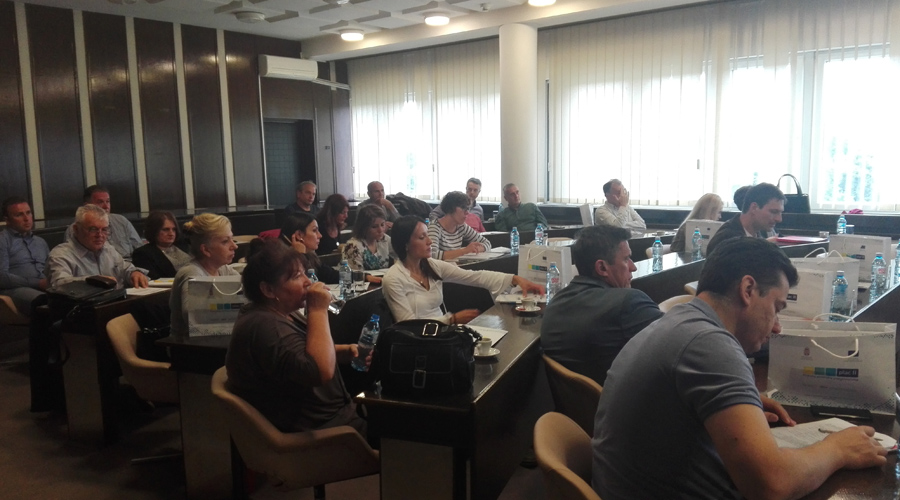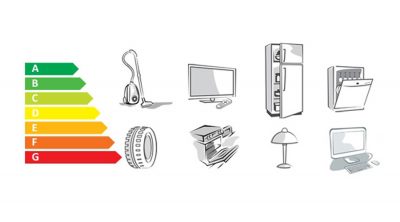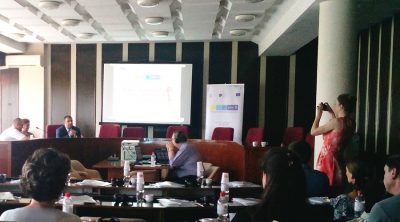Serbia opened the Chapter 13 on Fisheries in the accession negotiations with the EU in June 2018. To encourage further progress in this area, Ministry of Agriculture, Forestry and Water Management was provided support from March to June 2018 in aligning the national legislation with the EU acquis.
The new Rulebook on marketing standards, declaration and labelling of fisheries and aquaculture products was drafted to enable operators and control authorities to check traceability of fisheries and aquaculture products from catch to the consumer, in line with the EU Regulations No 1224/2009, No 2406/96 and No 1379/2013.
Another two Rulebooks were drafted, one aligning the national legislation with the Regulation (EEC) No 1536/1992 laying down common marketing standards for preserved tuna and bonito and the second one aligning it with the Regulation (EEC) No 2136/1989 laying down common marketing standards for sardine and sardine-type species.
Several amendments to the draft Law on the Structural Support and Market Organisation in Fisheries have been also provided, to include consumer information segment in more detailed manner, in line with Regulation No 1379/2013 and to set the basis for inspectors’ procedures and sanctions.
As Serbia is a landlocked country with no marine fisheries activities, inspection and control should be focused on the fisheries and aquaculture products on the market, retail sale, restaurants, approved facilities, processing factories, transport, import-export, farms and fresh water fisherman. To that end, Practical Guideline for control of fisheries and aquaculture products on the market according to the Common Fisheries Policy rules was provided to the beneficiary and inspectors.
Having in mind that most of the products are intended for export and that the EU legal requirements are less strict than the national ones, new rulebooks drafted by the PLAC II Project expert Mirta Novak are very much needed and welcomed by the Serbian fish processing industry. The producers will be able to know what information of the product they should receive and at the same time, what information they should provide to the next operator, which will contribute to the reduction of the costs and to a better position of the Serbian producers’ on the market.




